New York Times – How Cold War Politics Destroyed One of the Most Popular Bands in America
A new documentary chronicles the strange, intrigue-filled saga of Blood, Sweat & Tears and its disastrous Eastern Bloc tour in 1970.
Last year, Rolling Stone compiled a list of “The 50 Worst Decisions in Music History.” Near the top, alongside very high-profile errors in judgment like Decca Records’ rejection of the Beatles, there was a much less familiar episode: the time Blood, Sweat & Tears embarked on an Eastern European concert tour, underwritten by the State Department while the Vietnam War was raging. The reputation of the U.S. government was in tatters for young people, meaning the band looked, as the magazine put it, like “propaganda pawns — which is, more or less, what they were.”
Now the band members are telling their side of this bizarre story in the new documentary “What the Hell Happened to Blood, Sweat & Tears?” While everyone involved agrees with Rolling Stone’s conclusion — that the band’s career never recovered from that 1970 tour — the saga turns out to be more complicated than was previously known.
“This isn’t a music doc, it’s a political thriller,” the director John Scheinfeld said in a telephone interview. “It’s about a group of guys who unknowingly walked into this rat’s nest, and how political forces impacted a group of individuals.”
It is largely forgotten just how big Blood, Sweat & Tears was in its day. “Child Is Father to the Man,” the band’s 1968 debut, drew critical notice for its blend of big-band horns with rock and soul structure and style, but struggled commercially. After the group recruited the stentorian Toronto vocalist David Clayton-Thomas, its self-titled second album exploded, generating three Top 5 singles: “Spinning Wheel,” “And When I Die” and “You’ve Made Me So Very Happy.”

